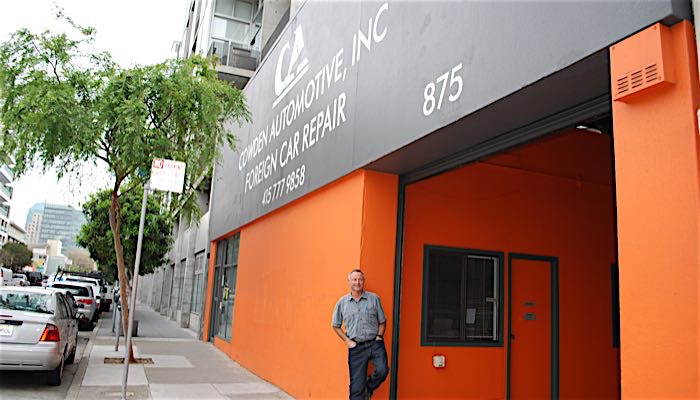The states of California and Washington recently enacted legislation to limit the amount of copper and other constituents used in brake friction materials. To demonstrate brake manufacturers’ compliance with new state regulations, the Brake Manufacturers Council (BMC) of the Automotive Aftermarket Suppliers Association and the Motor & Equipment Manufacturers Association (MEMA) has selected NSF International to serve as its official registrar.
The California and Washington regulations are scheduled to begin in 2014 and will be in full effect by 2025. Both states require a third-party registrar to verify which friction materials do not exceed the allowable amount of regulated material and to publicly list friction materials complying with the laws.
“The BMC is committed to reducing the role of copper and constituents contained in brake friction material. Over the last several years, the Council appointed a committee, which developed certification guidelines, product and packaging marking and worked with the Society of Automobile Engineers (SAE International) to create material testing standards,” said Brake Manufacturers Council Chairman Bob Wilkes. “Through the committee’s efforts, the BMC issued a call for proposals, which led to the selection of NSF International to be its registrar of record.”
To allow consumers to know which of the three levels of compliance a brake pad has reached, the BMC has created a new set of trademarks (“LeafMarks”), which will appear on brake packaging and the brakes themselves.
There are three different LeafMarks – one for each level:
• Level “A” regulates cadmium, chromium, lead, mercury and asbestos.
• Level “B” is the same as A but copper must be less than 5 weight percent.
• Level “N” is the same as B but copper must be less than 0.5 weight percent.
NSF International has been granted the right to authorize the use of the BMC’s LeafMark to manufacturers in compliance through stringent testing standards.
“The Automotive Aftermarket Suppliers Association and Brake Manufacturers Council are pleased to be associated with NSF International and its nearly 70-year history of certification coupled with its extensive automotive industry experience,” said Bill Long, AASA executive vice president and executive director of the BMC. “As our third party registrar, NSF is well qualified to manage the certification of multiple testing laboratories and provide data exchange with state requirements.”
NSF International tests and certifies auto parts with its Automotive Collision Replacement Parts Certification Program, including reinforcement bars, steel bumpers, step bumpers, brackets, absorbers, external vehicle lighting and other parts. Complementing this program, the NSF Automotive Collision Parts Distributor Certification Program helps close the gap in the supply chain between parts manufacturers and body shops and was developed to meet the needs of collision repair shops and insurers as well as consumers. NSF says it will use the knowledge and systems from these programs to quickly and efficiently begin registering friction material.
“It is an honor to be selected as the registrar of choice for the Brake Manufacturers Council. We look forward to working with the Council to ensure environmental and friction material standards are met,” said Bob Frayer, director of NSF International’s Automotive Collision Certification Programs and Engineering Laboratories.

